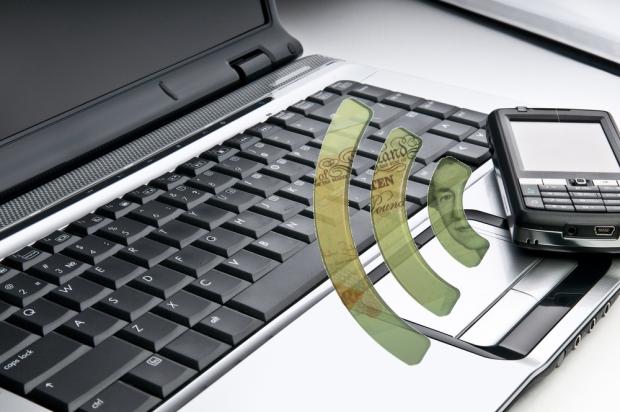
lifestyle
27 Jun 2013
A Brief Introduction to Intel Perceptual Computing Technology
Perceptual Computing, what is it?
Have you ever heard of “perceptual computing” ? If not, don’t worry, I haven’t heard of it either until I went to Computex 2013 and experienced the technology for myself. After couple of days adjusting myself to all the techie terms, I came out with this brief explanation of Intel’s Perceptual Computing; a new way of interactivity beyond touch, keyboard and mouse. Let’s put it this way: currently we all interact with our computer in a traditional way. The interaction is a one-way street, with us (the user) inputting commands into our computers with the keyboard, mouse, and our own fingers. There’s no way it can interact back at us right? Since the primary job of a computer is to process data, computers are pretty useless without input devices. Intel’s intention is to enable computers to work around us, rather than us having to continue to work around them. Long story short, Perceptual Computing changes how computers interact with us and its definitely inspired by human senses 😉
So, what can you actually do with this new Perceptual Computing based technology in the near future?
1. Your Face IS your Password
I am pretty sure you know about face recognition technology. I have been wondering when this technology will actually be useful for consumers. Seriously, I want and need to have my device to recognize me, its beloved owner 😛 Perceptual Computing technology will enable us to log into devices without the need for passwords. Imagine this, you open your Ultrabook, stare into the camera, it recognizes the user, and boom; you’re logged in! Plus, security wise, instead of multiple users with passwords to their settings, *sigh* the Ultrabook locks when you are away from your device and also automatically switches user when it recognizes a different face and then loads the user’s personal setting. Switching is fast and easy, with no more worrying about having unwanted people stalking you on your laptop :p
2. New Shopping Experience: Tap and Buy!
As an online shopper, I enjoy the simplicity of purchasing stuff online rather than offline. Not because I am lazy, I just don’t have the patience to go through things one by one in stores . There’s only 3 simple steps to purchase online: take a look, read a bit and then go to my bank website to transfer the money. Within few days, my new stuff will be delivered to my door (office, mostly 😛 ). Now, shopping online will be as easy as a tap away. Whenever you want to purchase something online, all you need to do is tap your Mastercard on an NFC (near field communication) –enabled devices! I know some of us will worry about your credit card transaction security, that’s why Intel has come up with a secure Intel Identity Protection Technology (IPT). So worry no more ladies, because this NFC- contacless new way of payment is as secure as traditional credit card payment transactions 🙂
3.Your Devices = Yours Truly
Intel Perceptual Computing technology has made our devices more “human”. This technology offers more than gesture controls and face recognition. With the release of fourth gen Intel processor, plus their partnership with Creative and Nuance, which resulted in the release of Senz3D (an interactive peripheral camera) and Dragon assistant (a voice application for Intel inspired Ultrabook), devices will do what we tell them to do, literally. Intel has demonstrated the capability of an Ultrabook, from telling us our body temperature to our heartbeat rate. Isn’t that amazing that a device could know you so well, all the way to your heartbeat? It will be just a matter of time for a device to be able to detect and react to our emotion. Imagine this, the day my Ultrabook detect that I am happy, it will play my favorite happy songs instantly and when I am sad, it will start playing Korn, Slipknot and friends. Now, that’s gonna be AWESOME!:D
I begin to imagine what will this Perceptual Computing technology can do in the near future. For example, I can see that one day Doctors will be able to examine minor illness or conduct general check ups without the patient needing to actually go to the hospital. I also think that this technology can be useful for educational institutions, maybe changing the e-learn today as devices get smarter, and interactions between teachers/lecturers and students online will be much more natural and satisfying. As for me now, I can’t wait to experience this technology :I want to try playing Portal 2, perceptual computing-style! I also can’t wait to have a meeting with a client and then show them my presentation just by waving my hand to my Ultrabook or just by saying “next” to turn the pages…ahhh what a joyful wonderful things to do 😀






